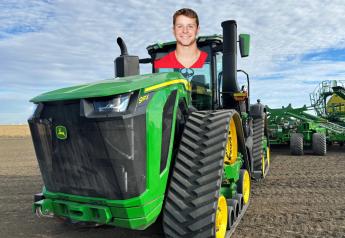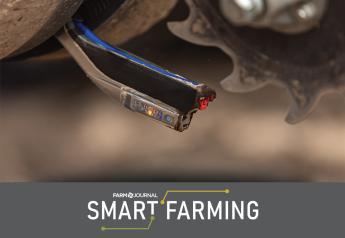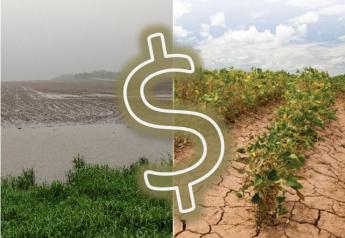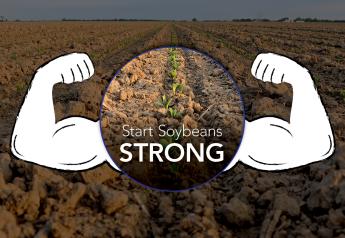Ferrie’s Guidance on Entering Rent Leases with Fertility Clauses
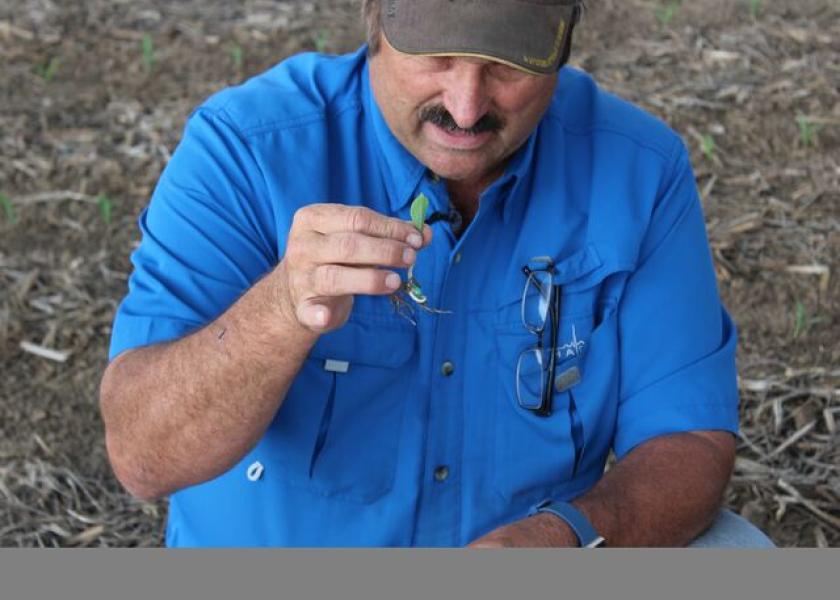
When farmland draws a premium, you’d expect the soil to be in good shape, right? More landowners are considering fertility clauses in their farm leases to ensure tenants don’t suck the soil dry for whoever rents the property next.
“More and more, especially on cash rent around us, at the end of the lease the soil fertility needs to be maintained or restored to the original state,” says Ken Ferrie, Farm Journal field agronomist. “When we see a clause to maintain fertility in the farm lease, it usually comes from a landlord or landlords who are involved in the stewardship of their land.”
For landowners, a clause like this takes some of the risk of renting to new tenants out of the equation. If you’re seeking new land, it could be a reassurance that you’re not walking into train wreck soil conditions.
Be aware that different soil tests can show different results. You need to ask questions before signing a lease with a fertility clause. Ferrie recommends considering the following:
- Who took the test?
- How did they pull the test?
- When did they pull the test?
- What lab or extraction method was used?
“We could send a crew out and grid the same field, and send it to lab A, and we could send a second crew an hour later to zone sample, and send it to lab B, and the results would not look alike,” Ferrie says. “Now, imagine a different crew pulling soil tests at the end of a three-year lease at a different time of year and sending it to a different lab.”
The tests could show big swings in phosphorus, potassium and organic matter on paper that didn’t really happen in the field. Ferrie says there are techniques and procedure that might cause such swings, but it’s hard to explain to an upset landlord.
“You can end up with a landlord who is mad because organic matter dropped from 4.2 to 2.4, and he’s convinced the farmer destroyed his soil health,” Ferrie says. “That kind of swing between labs and organic matter [calculations] is very possible. Cutting organic matter in half in three years is impossible — no matter how bad of a farmer you are.”
Before signing that lease, Ferrie recommends asking if it’s acceptable to get your own soil test to be used as the starting point. Either use a company that has tried-and-true methodology or use that type of method yourself. Then, give your base soil test to the landowner for them to compare and do the same thing at the end of the lease.
“We cannot mix and match labs with these leases, believe me, it causes heartache,” Ferrie says.
Listen here for more:
From CropTech: You’re not too late! Sign up for the virtual five-week Beyond the Basics series now so you can watch the recording of last week’s session before joining us for the next live session this Thursday, Jan. 28. For more information visit https://www.croptechinc.com/beyondthebasics/





